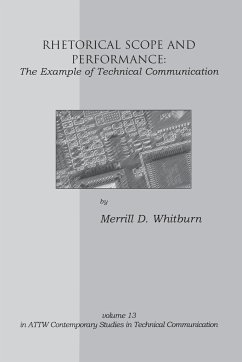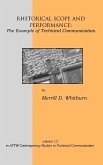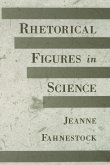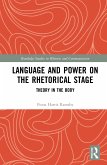As we move into the 21st century, broader approaches in governments, industries, and universities are necessary. Governments are increasingly forced to collaborate with other governments to address problems beyond the control of individual nations. Industries increasingly find it difficult to survive without pursuing global markets. Also, universities are moving from departmental to interdisciplinary approaches to curriculums. These changes call for greater scope in goals, social structures, and methodologies. Technical communication is an example of a field deeply involved in all of these institutions and prompted toward greater scope in the engagement of problems. Rhetorical Scope and Performance examines the history of the narrowness of goals, social structures, and methodologies associated with the field of technical communication in the second half of the 20th century. Whitburn traces some of the roots of this narrowness back to a philosophical tradition stemming from Plato, Aristotle, the religious philosophers, and the apologists for science. As an alternative to the narrowness of the philosophical tradition, this work traces a rhetorical tradition stemming from Isocrates, Cicero, Quintilian, and the Renaissance that promotes greater scope in the engagement of problems. This alternative also provides a theoretical construct more appropriate for many of today's needs than the philosophical tradition. Using the history of technical communication as an example, this book shows how an Isocratean rhetoric can broaden and therefore improve our approaches to decision making in the 21st century.
Hinweis: Dieser Artikel kann nur an eine deutsche Lieferadresse ausgeliefert werden.
Hinweis: Dieser Artikel kann nur an eine deutsche Lieferadresse ausgeliefert werden.








